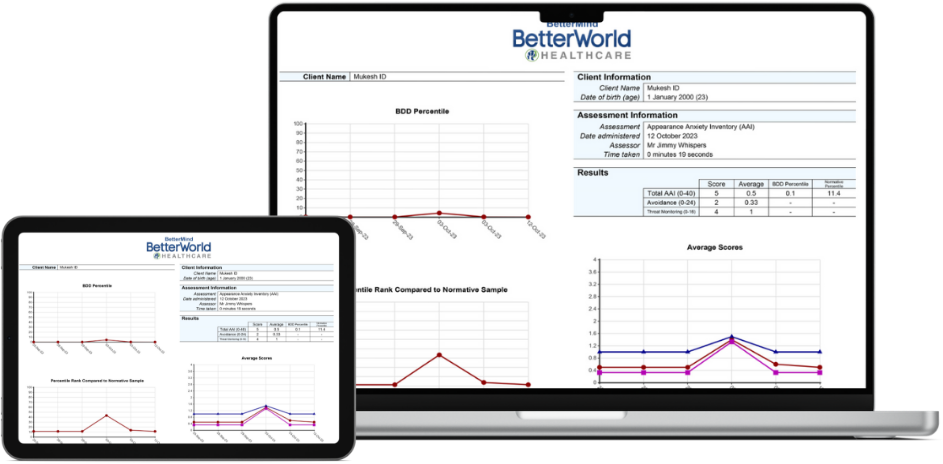Social Avoidance and Distress Scale (SADS)
Assessments
Description
This is a 28 item true/false scale that measures distress in social situations and the avoidance of social interactions. It also measures aspects of social anxiety including distress, discomfort and fear. Social avoidance was defined as “being with, talking to, or escaping from others for any reason . . . both actual avoidance and the desire for avoidance were included” (Watson & Friend, 1969, p. 449). Individuals who score high in the SADS are those who experience anxiety or distress with social interaction or anticipations of social interactions. Geist and Borecki (1982) found that persons high on the SAD had significantly lower levels of self-esteem. High SADS scores indicated significantly lower values of self-confidence, need for affiliation, need for change, and need for dominance (Geist and Borecki 1982).
Validity
Watson & Friend (1969) studies 205 college students (145 females and 60 males). The distribution of scores was skewed, with high scores being rare; the modal score was 0. Mean scores differed by sex: males had a mean of 11.2 and females had a mean score of 8.24. Geist and Borecki (1982) also conducted a validation study with a similar college group, finding similar results. Discriminant and convergent validity from the scale was established through a correlation elf-confidence, need for affiliation, need for change, and need for dominance.
Interpretation
Scores consist of total raw score (from 0 to 28) and a percentile rank based on Watson and Friend’s validation sample. The overall mean for this sample was 9.11 and the standard deviation 8.01, although it should be noted that there was a strong positive skew in results. This, combined with the fact that the sample were university students, means that percentiles should be interpreted with caution. Watson & Friend divided their sample into high, average and low scorers as follows:
- Low 0 or 1.
- Average 2 to 11.
- High 12 and up.
Generally the lower scores on the SAD are considered to be most adaptive because they are associated with self-esteem and social engagement, however, individuals who score very low on the SAD have been shown to have a higher need for social control and dominance (Geist & Borecki, 1982). Thus, very low scorers maybe resistant to prosocial activities. Higher scorers on the SADS have lower self confidence, lower need for social affiliation, low need for dominance and a high need for deference.
Developer
Watson, D., & Friend, R. (1969). Measurement of social-evaluative anxiety. Journal of Consulting and Clinical Psychology; Journal of Consulting and Clinical Psychology, 33(4), 448
Try it and see how BetterMind can enhance your practice

Support
Frequently Asked Questions
You’ve got questions, we’ve got answers. Below you can find answers to some of the most frequently asked questions. If you can’t find the answer you’re looking for, please feel free to reach out to us at info@betterworldhealthcare.com.
I can’t open test results within the Web Browser
Assessment result PDFs are opened in a new tab within the web browser. If you click the results but they do not open, your browser will be blocking the popup. To resolve this, after you have pressed the test result, look out for an alert at the top of your browser notifying you that a pop-up has been blocked, then click "Allow".
I have forgotten my password. How can I reset it?
If you have forgotten your password please press “forgot password” within the app, or on the Web Browser App login page (https://app.bettermind-app.com/login). You will receive a new temporary password via email.
Can a Practitioner access BetterMind from their Smartphone?
No, A Client /Patient can answer assessment questions on a smartphone but the Practitioners/ Users can't administer BetterMind using a Smartphone. A computer, laptop or tablet will have to be used.


